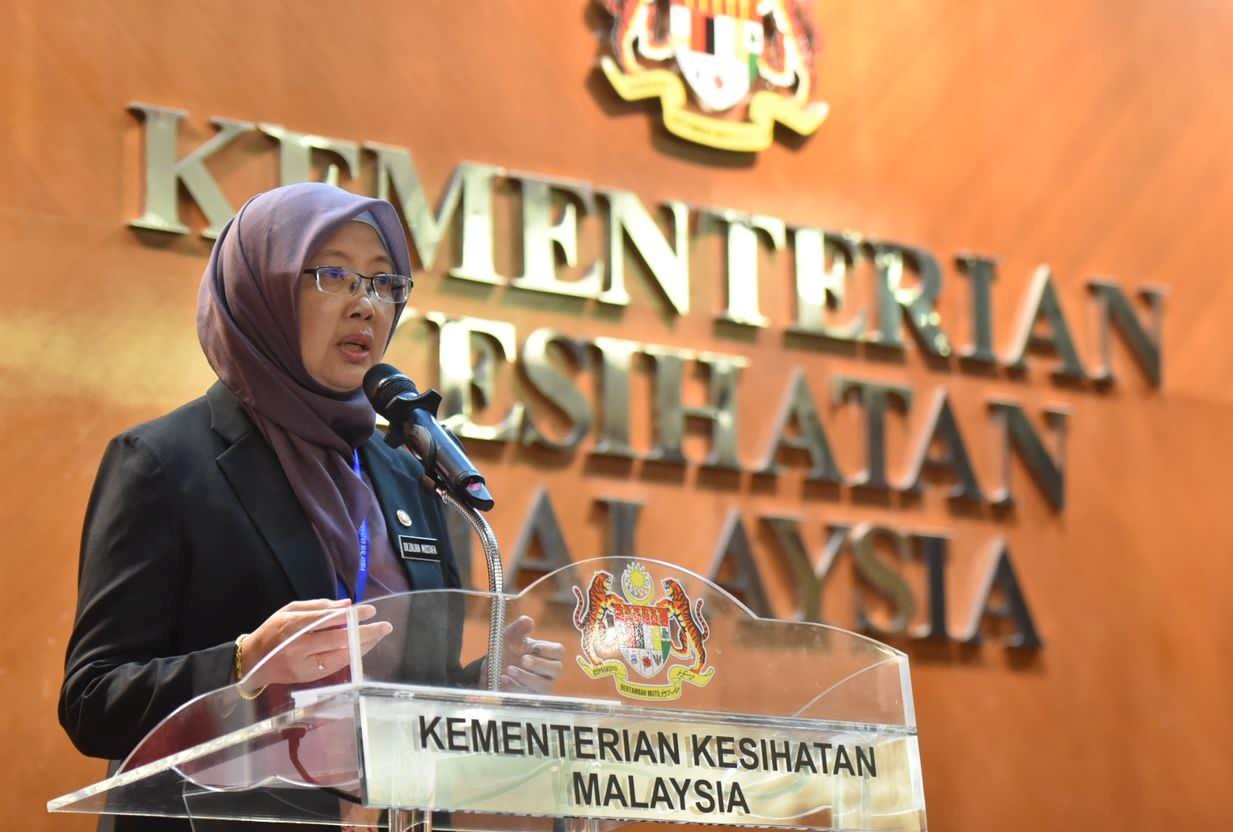KUALA LUMPUR, Dec 26 – Dr Zaliha Mustafa has acknowledged that overcrowded emergency departments across government hospitals are a serious problem that requires long-term solutions from both the public and private health sectors.
The health minister said the Ministry of Health (MOH) would hold stakeholder engagement sessions with emergency and trauma departments (ED), doctors’ group Malaysian Medical Association (MMA), and the Association of Private Hospitals Malaysia (APHM), and the private sector to identify specific problems and needs by state.
Besides that, MOH will also look at the potential for public-private partnership, such as with general practitioners (GPs) to boost primary health care and to reduce patient arrivals at the ED and public health clinics.
“All these plans are not for the short term, but for the long term in line with the main thrust of the MOH White Paper that aims to strengthen and reform health care delivery in this country,” Dr Zaliha said in a statement released today.
CodeBlue recently reported that critically ill patients, including those on ventilator support, are stranded for up to six days in the ED of Raja Permaisuri Bainun Hospital (HRPB), a public tertiary hospital in Ipoh, Perak, due to insufficient beds and staff.
HRPB doctors said patients coming to the emergency room this year are mostly presenting with advanced non-communicable diseases (NCDs), such as heart disease, kidney failure, and stroke, after the disruption of care during two years of Covid lockdowns.
Two patients died in general medical wards in the Ipoh general hospital after waiting in the ED for more than four days, including one case that a doctor deemed as a preventable death.
“I understand that the current situation is difficult for both patients and MOH staff,” Dr Zaliha said.
“To ensure that the emergency and trauma department and other sectors in MOH continue to provide efficient services, MOH has started drafting plans to resolve this issue. This includes MOH reviewing all the latest data, audits, and research related to work burden and the congestion of emergency and trauma departments nationwide, particularly in specialist hospitals.”
The health minister cited the 2018 Auditor-General’s Report, which was tabled in June 2019, that attributed ED overcrowding to insufficient funding, health care workers, and facilities.
“This situation is not just happening in the emergency and trauma department, but also in outpatient clinics, inpatient wards, and public health clinics,” Dr Zaliha said.
She also cited findings from the International Federation for Emergency Medicine (IFEM) that found 100 per cent of 41 IFEM member countries surveyed last month reported overcrowding in their EDs.
“The current state of over-crowding experienced at hospital Emergency Departments in many nations globally is an unacceptable and preventable threat to patient safety which must be immediately addressed,” IFEM said.
Dr Zaliha further noted that similar problems were reported in Australia by the Australisian College for Emergency Medicine in March 2021.
She added that MOH would increase awareness campaigns on the true purpose of the emergency department, stressing that the ED is only meant for those who truly need emergency treatment.
An emergency medicine doctor from a public hospital in the Klang Valley has suggested running Klinik Kesihatan 24/7 to reduce congestion in the ED, saying that a third of cases presenting at the emergency department are not real emergencies. Public health clinics typically operate only during business hours from 8am to 5pm on weekdays, remaining closed on weekends and public holidays.
CodeBlue’s series of reports on ED overcrowding, beginning with HRPB, included complaints from other emergency doctors from public hospitals in Kuala Lumpur on how overcrowding has forced the harmful evolution of the ED that may lead to substandard care.
Another doctor from Serdang Hospital in Selangor also complained about VIPs getting priority treatment in overcrowded EDs and specialist clinics across public hospitals.
Universiti Malaya infectious disease expert Prof Dr Adeeba Kamarulzaman, in commenting on CodeBlue’s reports on overcrowded EDs, highlighted the brain drain of doctors, noting that at least 30 top medical graduates from her university leave for Singapore every year.
Ipoh Timor MP Howard Lee Chuan How said, “the doctors are not okay”, after having spoken to doctors from HRPB following CodeBlue’s reports.








